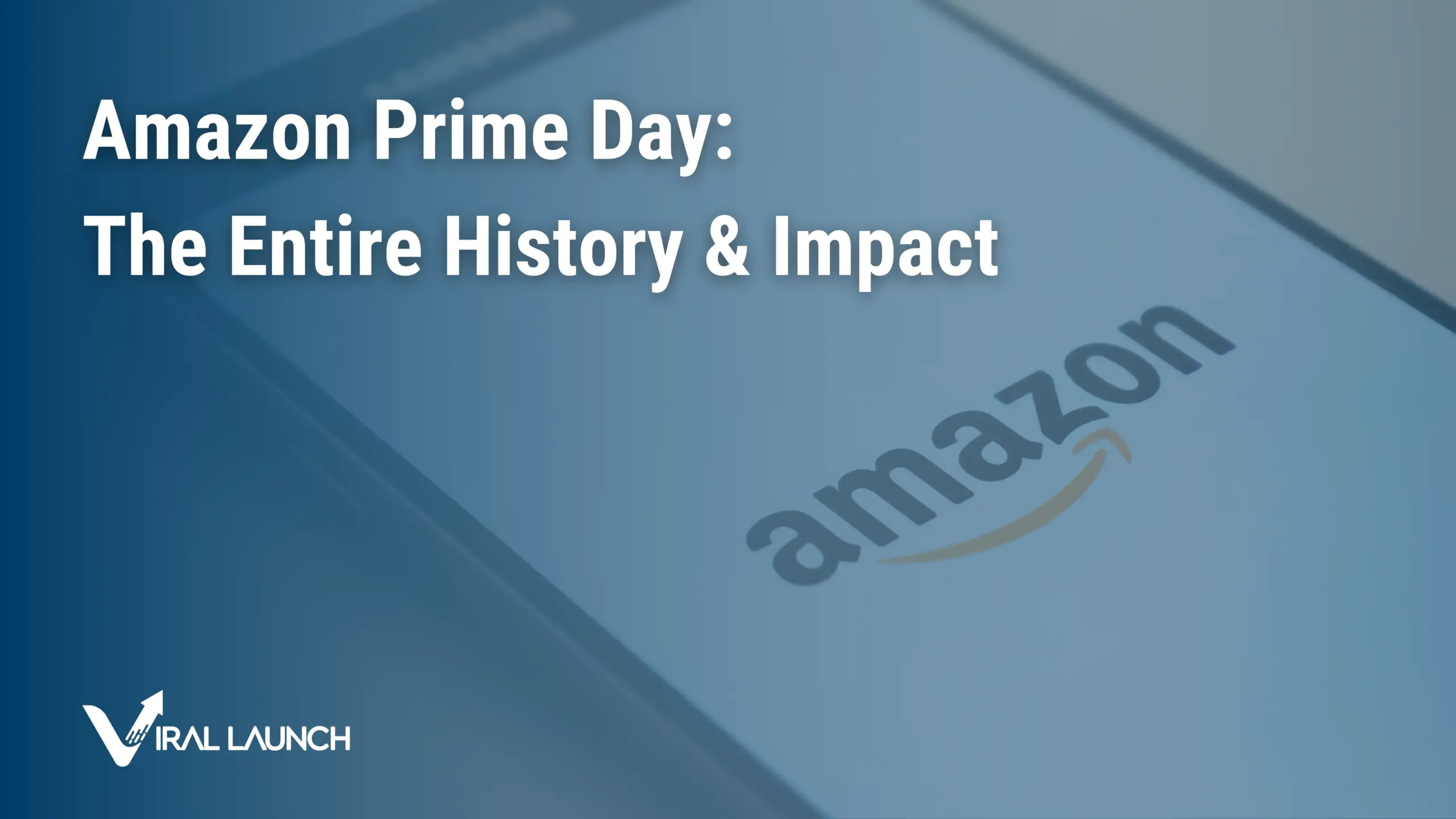We are back with more information surrounding Amazon’s latest TOS update regarding Amazon product review guidelines. I really don’t intend on “milking” this subject, but there is simply so much misinformation/rumors, it’s crazy. This misinformation leads to poor decisions and more misinformation, so I would like to do my best to clear up everything as quickly as possible. The team and I have had a good number of questions/comments around the FTC’s guidelines for reviews on products purchased at a discount.
While I am not a lawyer, it seems pretty clear to me that reviews left on discounted purchases DO NOT require a disclosure statement to be left. Below, I break things down a bit further with quotes from the FTC.gov website, specifically pages around Endorsements.
As always, I do not expect you to believe me simply because I’ve said it. I am obviously a biased party here, so I have included links and quotes to help you make informed decisions and interpretations for yourself (but again, it seems pretty clear to me)!
Logical Breakdown
At the heart of it all, the FTC is concerned with reviews that are left by experts/bloggers/reviewers/etc. who were provided some type of compensation for the review. The intention of promotional services is simply offering discounts on Amazon products, period. Whether or not those buyers happen to leave a review is beyond our concern. Obviously we hope they leave a review for your sake, but it is beyond our company’s scope. To comply with Amazon’s TOS, we simply cannot track whether or not a buyer leaves a review. This is also not to get confused with email follow-up services, which are completely separate.
Think about popular deals websites like Slickdeals or RetailMeNot. Do you find any kind of language on their sites that let you know, “If you use one of the many coupons you find on our site and chose to leave a review, you must use a disclosure or else you will be violating the FTC’s guidelines.”? No, you do not. Nor do you see stipulations when reviewing products on other websites (ex. Walmart.com) that require a disclosure on products purchased with a discount code.
So simply by omission, I can assume that a disclosure is not required if you did indeed purchase/select the product yourself. The only reason this was ever a thing on Amazon is two-fold, 1) Amazon’s terms required it, and 2) when products were given away in exchange for a review, the FTC saw this as an endorsement which then warranted a disclosure statement.
If the product was given in exchange for a review, you were provided some form of compensation before or after, or you have some type of connection to the company, then the reviewer HAS to leave a disclosure allowing the reader to know the given circumstances.
Viral Launch is not giving products in exchange for a review. We are not providing compensation to buyers to leave reviews, nor do our buyers have connections with you as a seller/marketer. Therefore, there is no need for buyers of discounted products on Viral Launch to leave a disclosure statement.
Quotes From the FTC
This one seals the deal in my mind. On a very clear and concise page that covers common questions around endorsements on the FTC’s website, we find this question under the headline: “WHEN DOES THE FTC ACT APPLY TO ENDORSEMENTS?“.
For the sake of our topic, replace the word “blogger” and “blog” with “reviewer” and “review”. (The highlighting/bolding is my emphasis.)
“I’m a blogger. I heard that every time I mention a product on my blog, I have to say whether I got it for free or paid for it myself. Is that true?”
No. If you mention a product you paid for yourself, there isn’t an issue. Nor is it an issue if you get the product for free because a store is giving out free samples to its customers.
The FTC is only concerned about endorsements that are made on behalf of a sponsoring advertiser. For example, an endorsement would be covered by the FTC Act if an advertiser – or someone working for an advertiser – pays you or gives you something of value to mention a product. If you receive free products or other perks with the expectation that you’ll promote or discuss the advertiser’s products in your blog, you’re covered. Bloggers who are part of network marketing programs where they sign up to receive free product samples in exchange for writing about them also are covered.
As you can see, it is pretty clear that there is no need for a disclosure if the buyer/reviewer pays for the item. There is also no need to provide a disclosure if the product is given for free, so long as it is not given with compensation or in exchange for a review.
Hopefully, that makes you feel comfortable with the fact that the FTC does not require a review to contain a disclosure statement if the reviewer purchased the product at a discount from sites like Viral Launch.
As further examples, I’ve included a couple other quotes from different pages on the FTC’s website.
If you visit this link here, you will be taken to the U.S. Government Publishing Office discussing “GUIDES CONCERNING USE OF ENDORSEMENTS AND TESTIMONIALS IN ADVERTISING”. This is a bit harder to understand and has the traditional lawyer speak that you may expect. Going through all of their given examples under the headline “Consumer endorsements” and “Disclosure of material connections”, you will find only examples where compensation is provided either before or after the fact. There are no examples provided in which a customer purchases the product at a discount and is required to leave a disclosure.
On a page labeled “THE FTC’S ENDORSEMENT GUIDES: BEING UP-FRONT WITH CONSUMERS”, we find these two quotes.
Quote 1:
“… marketers who are compensated to promote or review a product should disclose it.”
Quote 2:
“The Endorsement Guides also state that if there is a connection between the endorser and the marketer of a product that would affect how people evaluate the endorsement, it should be disclosed.”
These both show that only when compensation is provided or the product is given in exchange for a review is the disclosure statement needed.
Using Follow-up Services
Is it within Amazon’s terms of service to solicit a review after a customer has purchased a product? YES. As I mentioned in our previous blog post, we have confirmation from Amazon’s legal department that following up with a buyer asking for a review is completely within Amazon’s TOS so long as it is done correctly. How do you follow-up correctly? That is another post in itself, but briefly, do not incentivize, require, or manipulate the review/reviewer in any way.
One thing that I want to point out is the fact that you should NOT tell reviewers that they cannot leave the disclosure statement in their review. By telling a reviewer they cannot leave the disclosure, in my mind, you are manipulating the content of the review by telling the reviewer what it can/cannot contain.
Our approach to this situation is to inform the buyer that Amazon’s TOS is no longer requiring the disclosure statement, “I purchased this product at a discount in exchange….”. We also let them know that the product was not given in exchange for their review and that they may choose whether or not they decide to review it.
It is simply a question of semantics, but can be critical when adhering to the Amazon product review guidelines and update to their TOS.
Conclusion: Amazon product review guidelines
Hopefully this brief discussion on the FTC’s rules clear up any rumors and/or misinformation that has been floating around. As always, it’s our goal to help you make the most informed decisions possible when it comes to operating and growing your Amazon business.
Overall, it looks like this is further proof that a major intention of Amazon’s latest policy update was simply to rid reviews of the disclosure statement so as to improve the perceived integrity of their review platform to consumers.
If you have any other questions, curious about rumors, or anything of the sort, please post them in the comments down below so I can address them for you!
As always, I wish you the best in growing your Amazon business!








